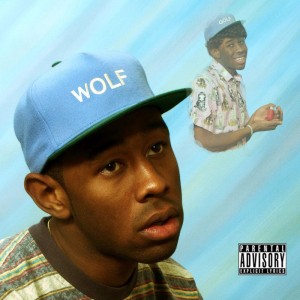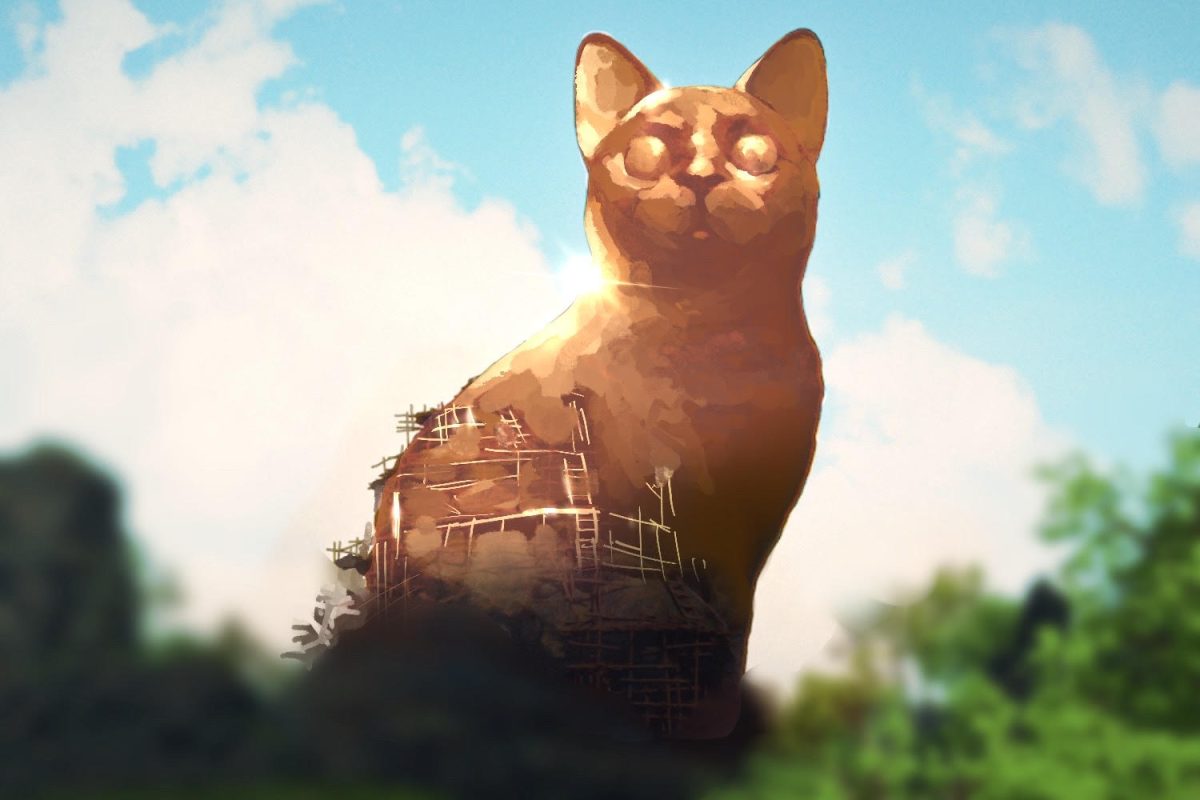It was the oddball production and general angst of Bastard and Goblin that took the world by storm in 2009 and beyond, as Tyler’s LA collective Odd Future rose to the forefront of internet culture with their unique brand of shocking content and deceptive self awareness.
The combination proved to be potent enough to win many Odd Future affiliates Grammys, MTV Video Awards, and sudden fame.
As well as Odd Future has done on the whole, fans have always clamored for a definitive solo project from Tyler, a feat he nearly achieved with Goblin, a more personal and less shocking album that followed his debut Bastard.
Senior Ross Goffigon said, “Hopefully, this album will be more accessible than his last album. Between his first and second albums there was lot of progression.”
Fans may finally have what they have been looking for with Wolf.
At 18 tracks, the album runs long and lags in places, but it’s the highlights that make the album worth the trouble.
Junior Pasha Minkovsky said, “Tyler’s music is really weird and out there. I don’t like most of his stuff but it’s hard not to look at, it’s striking.”
Tyler’s ability to craft off-kilter sounds that perfectly compliment his anxious, snarling delivery has always been his appeal. He rips into his own fears, wants, and anxieties and in the process speaks to the fearful, frightened, and anxious youth looking for someone to identify with.
“Jamba,” the albums de facto opener, is a stomping, handclap-ridden cut; Tyler rails into his father’s reticence to call him and laughs at his own reticence to smoke weed.
Tracks like “Cowboy,” “Awkward,” and “Colossus” become redundant as the album goes on, all three featuring simple keys over stuttering breakbeats, vaguely personal lyrics with little flow and grip compared to the more exciting numbers on Wolf.
Sophomore Amanda Breslauer said of Wolf, “It’s different than what I listen to usually, but it’s chill and I like it.”
It’s the stretches of two or three tracks that are forgettable that bog the album down, and turn off a more mainstream audience.
Despite this, Wolf lives up to its predecessor in it’s ability to catch you at the right moments.
“IFHY,” the albums most gripping and memorable track, sees Tyler rhyming comfortably over a wall of N.E.R.D-esque synths and thunderous drums about a woman driving him to the ends of his wits.
The Pharrell cameo at the end only drives home the N.E.R.D comparisons and closes out the wild Tyler verses perfectly.
“Lone” closes Wolf; a withdrawn narration of his grandma’s death, Tyler raps lucidly over melancholic jazz movements.
It’s a striking juxtaposition, and perfectly encapsulates what his fans love about him: the music is slightly off, Tyler’s cadence is slightly off. Lines about his grandma’s cheeks ravaged by cancer are followed by a snarling spoken dialogue about killing the man who stole his girl.
His polarizing lyrics, the eccentric production and the undeniable imprint he leaves on his work are what make Wolf an outstanding work of art.
Avant-garde, offensive, and all unabashedly so, Wolf shocks and grips the listener, leaving them to wonder about themselves in the wake of hearing a man, or boy, dissect himself for art.
Wolf is available for purchase and streaming April 2, 2013.











